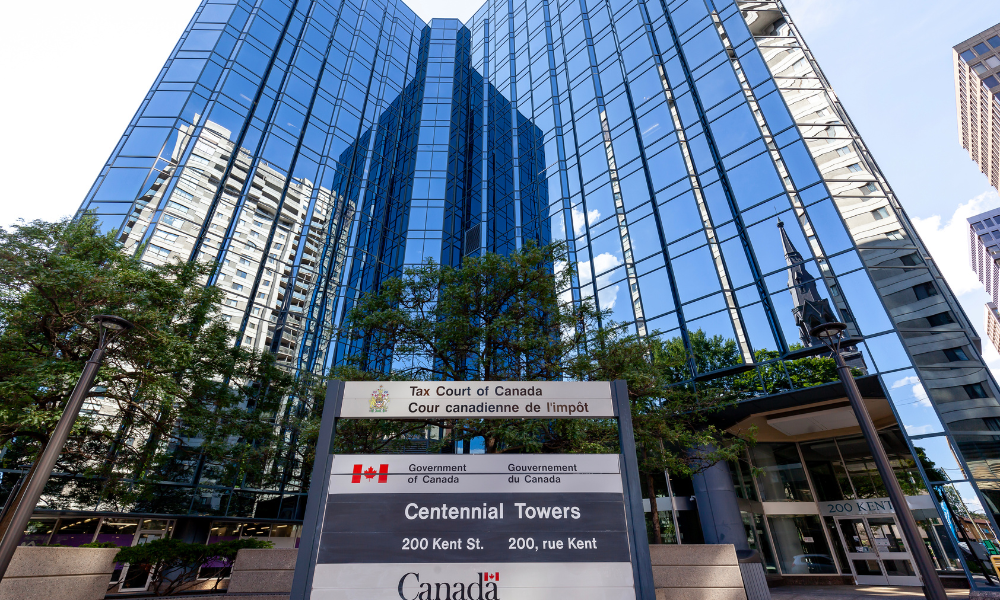The Tax Court of Canada has granted a motion for leave to examine a non-party for discovery in connection with tax reassessments, given that he was the directing mind for certain acquisitions and other investments the appellant made.
In Li v. The King, 2025 TCC 94, the national revenue minister made reassessments of the appellant’s 2015, 2016 and 2017 taxation years. The appellant appealed the reassessments. The material issues in the underlying appeal were whether she earned and failed to report:
- $707,053 in business income earned from the 2016 disposition of beneficial interests in various real properties in Vancouver, BC (2016 acquisitions)
- $1,867,413 in business income earned from the disposition of a beneficial interest in a separate real property at Oak Street, Vancouver, BC
Another issue was who should be attributed the gains from those properties.
The appellant was examined for discovery in August 2022. She testified that her partner relating to certain companies, who was not a party to the appeal, helped her manage projects for her companies, informed her about real estate development opportunities, arranged for real property financing, and handled many details concerning the purchase and sale of the 2016 acquisitions.
At the examination for discovery, the appellant made certain undertakings and inquiries of her partner and obtained some requested information. She expressed her belief that her partner knew answers to certain questions and had relevant documents in his possession.
The respondent moved for the examination of the appellant’s partner for discovery under s. 99(1) of the Tax Court of Canada Rules (General Procedure) and directions for the conduct of the examination.
The respondent also moved under s. 37 of the rules for substituted service on the appellant’s partner of the motion record for the discovery motion because it could not serve the record despite its efforts.
The appellant agreed to the discovery motion and did not oppose the service motion.
Motions granted
The Tax Court of Canada:
- granted the respondent’s service motion under s. 67(2) of the rules
- dispensed with service on the appellant’s partner of the notice of motion
- granted the respondent’s discovery motion for leave to examine for discovery the appellant’s partner under s. 99(1)
- awarded no costs
Regarding the discovery motion, the court determined that this case met the conditions in ss. 99(1) and (2).
The court found it appropriate to exercise its discretion to grant leave for the respondent to examine the appellant’s partner, given the materiality of the information he appeared to possess and the lack of factors suggesting it should not exercise its discretion.
In a February 2025 letter, the appellant told the respondent that she had exhausted all efforts to seek out information from her partner, had not heard from him since around June 2024, and did not expect that he would voluntarily give additional information.
The appellant’s counsel alleged the appellant’s partner served as the directing mind for the 2016 acquisitions and all other investments that she had made, as well as controlled all documents.
The court noted that the parties agreed that the appellant’s partner’s discovery would be material for resolving the appeal.
Regarding the service motion, the court held that the respondent made all reasonable efforts to contact the appellant’s partner and serve the notice of motion. The court said the circumstances made service of the notice of motion impractical, give the respondent’s failed attempts.





